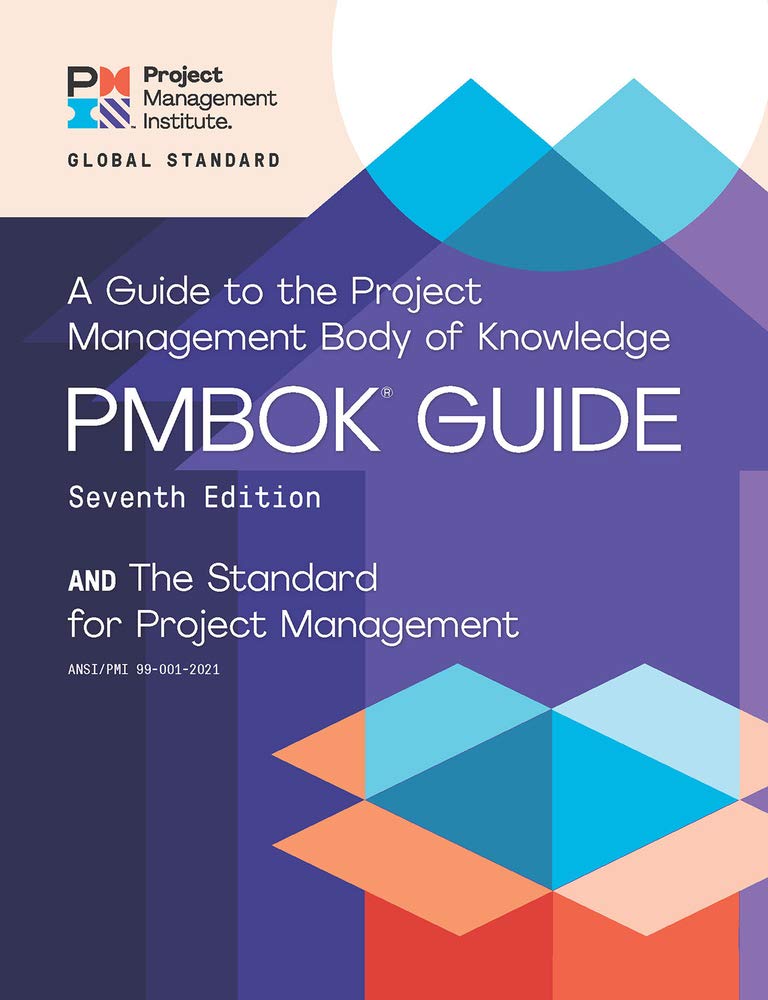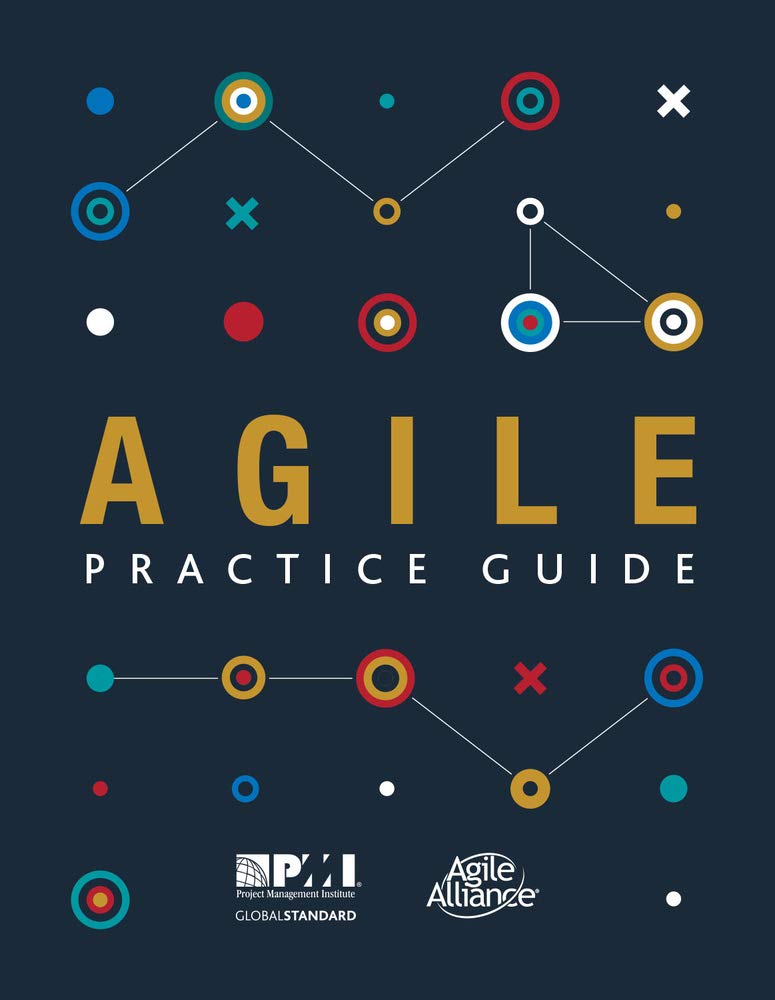
Project
What is a Project?
A project is a temporary effort undertaken to create a unique product, service, or result. It has a defined beginning and end, a specific set of objectives, and allocated resources such as time, budget, and personnel. Unlike routine operations, which are ongoing and repetitive, a project has unique outcomes and a finite duration. Organizations commonly use it to initiate change, solve problems, or achieve strategic goals.
Successful projects follow a structured approach that includes initiating, planning, executing, monitoring, and closing phases. Each phase ensures that the objectives remain aligned with stakeholder expectations and organizational goals. It can range in size and complexity, from launching a new software system to constructing a building or planning a marketing campaign.
Key Points
- It has a clear start and finish, with specific goals to achieve.
- It is a one-time effort and differs from ongoing business operations.
- It is constrained by scope, time, and cost, often referred to as the project management triangle.
- It involves various stakeholders, including clients, teams, and sponsors.
- Effective planning and communication are essential to its success.
Related Terms
- A project plan outlines the scope, schedule, and resources required to complete the effort.
- The project life cycle describes the stages a project goes through, from initiation to closure.
- A project manager leads the team and ensures that the initiative meets its objectives.
- Project scope defines the boundaries and deliverables of the work being undertaken.
- Project stakeholders are individuals or groups affected by or involved in the outcome.
Project: Example
A city decides to develop a new public library. They begin this effort with research and consultation, then plan the design and select a contractor. The city then executes the construction within a set budget and timeline. Once they complete the building, they open it to the public and formally close the project. This initiative qualifies as a project because its temporary nature results in a unique structure.
Project: Best Practices
- Define clear objectives and deliverables at the outset.
- Develop a detailed plan that includes timelines, resources, and risk management.
- Engage stakeholders early and maintain open communication.
- Monitor progress regularly and adjust plans as needed.
- Conduct a formal review at the end to capture lessons learned and evaluate success.
Additional Resources
Preparing for a PMI certification?
- Exam Prep Courses: PMP®, CAPM®, and PMI-ACP®
- Exam Simulators: PMP®, CAPM®, PMI-ACP®, PMI-PBA®, PMI-RMP®, PMI-SP®, PgMP®, and PfMP®
- Professional Development Units (PDUs): 15, 30, and 60 PDU Bundles




